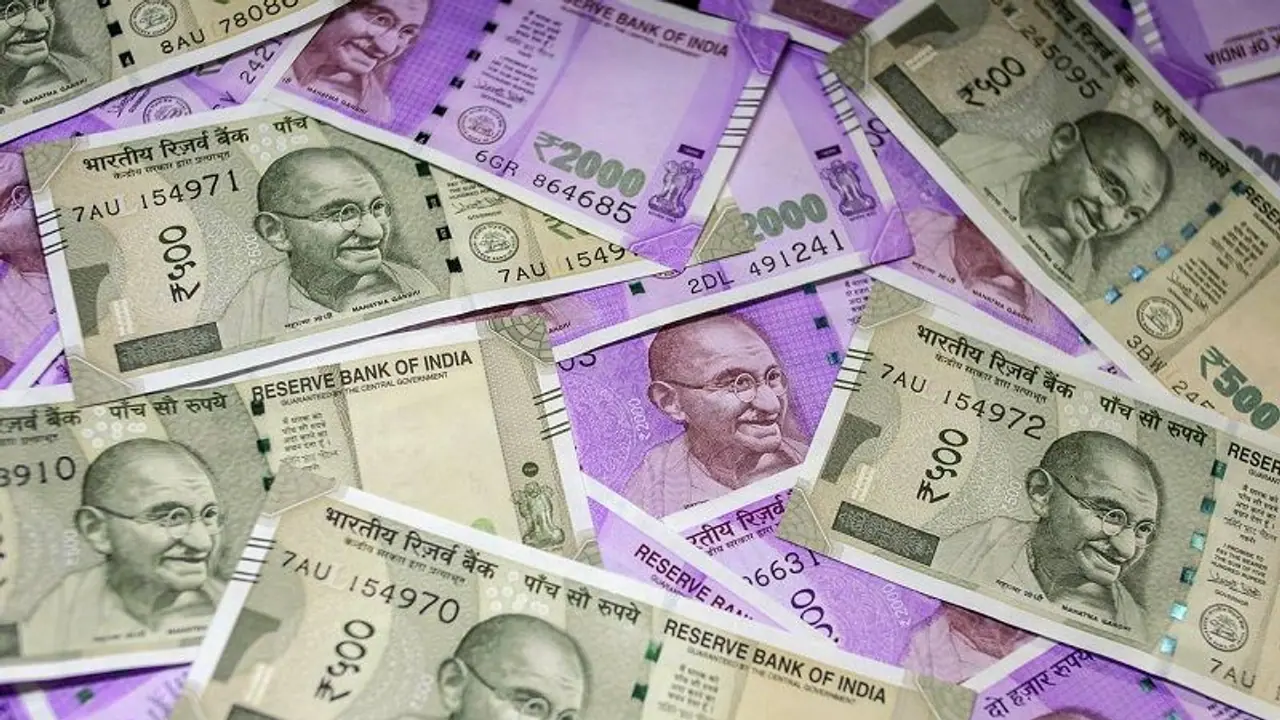A five-judge Constitution bench observed that there has to be great restraint in matters of economic policy. The bench further said that the decision-making process cannot be faulted merely because the proposal emanated from the central government.
The Supreme Court on Monday dismissed the batch of 58 petitions challenging the Narendra Modi government's decision in 2016 to demonetise currency notes of Rs 1,000 and Rs 500 denominations.

The Supreme Court held that the notification dated November 8, 2016, cannot be struck down on the ground of the decision-making process. The court noted that the prescribed period of 52 days cannot be unreasonable, adding that it satisfies the test of proportionality.
Also Read: Shocking hit-and-run case in Delhi; 20-year-old girl dragged under car for kilometres
A five-judge Constitution bench headed by Justice S A Nazeer, who will retire on January 4, pronounced the verdict. The other judges on the bench included Justice B R Gavai, Justice B V Nagarathna, Justice A S Bopanna and Justice V Ramasubramanian.
Justices B R Gavai and B V Nagarathna gave separate judgements.
Justice Gavai observed that there has to be great restraint in matters of economic policy. The court cannot supplant the wisdom of the executive with its wisdom. He further said that the decision-making process cannot be faulted merely because the proposal emanated from the central government.
The top court had reserved its verdict on December 7 after directing the Centre and the Reserve Bank of India (RBI) to place the relevant records relating to the government's 2016 decision on the record. It heard the arguments of Attorney General R Venkataramani, the RBI's counsel and the petitioners' lawyers, including senior advocates P Chidambaram and Shyam Divan.
Senior Advocate P Chidambaram, appearing for the petitioners, had called the scrapping of the Rs 500 and Rs 1,000 currency notes deeply flawed. He argued that the government could not initiate any proposal relating to legal tender by itself. He said this can only be done after the RBI central board's recommendation.
Rejecting the petitioners' contention, the Supreme Court said that there was consultation between the Centre and the RBI for a period of six months. "We hold that there was a reasonable nexus to bring such a measure, and we hold that demonetisation was not hit by the doctrine of proportionality," Justice Gavai said.
There is no excessive delegation as under section 26(2) of the RBI act and thus cannot be struck down. Notification is valid and satisfies the test of proportionality. The period for the exchange of notes cannot be said to be unreasonable, Justice Gavai further said.
Justice BV Nagarathna, however, had a different view. The judge held that demonetisation of the whole series of Rs 500 and Rs 1000 currency notes had to be done through legislation and not through a gazette notification.
Stating that 'there was no independent application of mind by the RBI', Justice Nagarathna said, "When the proposal for demonetisation originates from the Central Govt, it is not under Section 26(2) RBI Act. It is to be way of legislation, and if secrecy is needed, then by way of an Ordinance. As per Section 26(2), the proposal for demonetisation has to emanate from the central board of the RBI."
"Demonetisation of all series of notes at the instance of Central Govt is a far more serious issue than the demonetisation of particular series by the bank. So, it has to be done through legislation than through executive notification," Justice BV Nagarathna said, adding, "Parliament, which is the centre of democracy, cannot be left aloof in a matter of such critical importance."
In its affidavit, the Centre told the top court that it was a "well-considered" decision to undertake the demonetisation exercise. The government said that the move was part of a larger strategy to crack down upon black money, fake money, tax evasion and terror financing.
Also Read: Check out Prime Minister Narendra Modi's 2022 Photo Album
